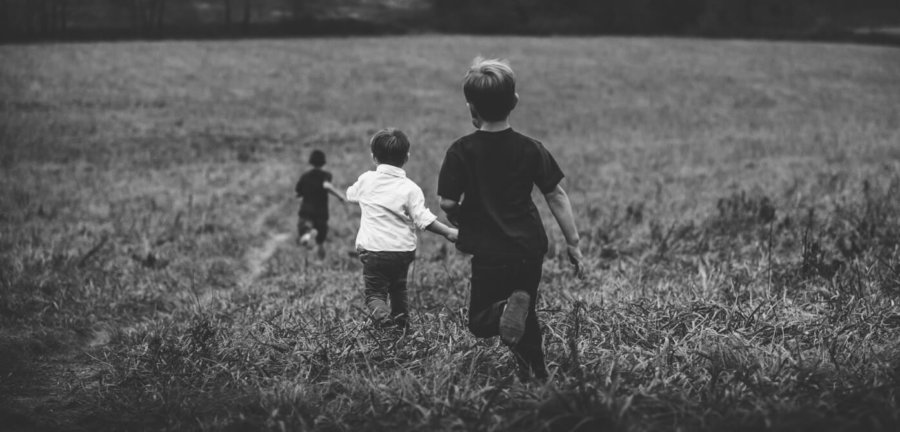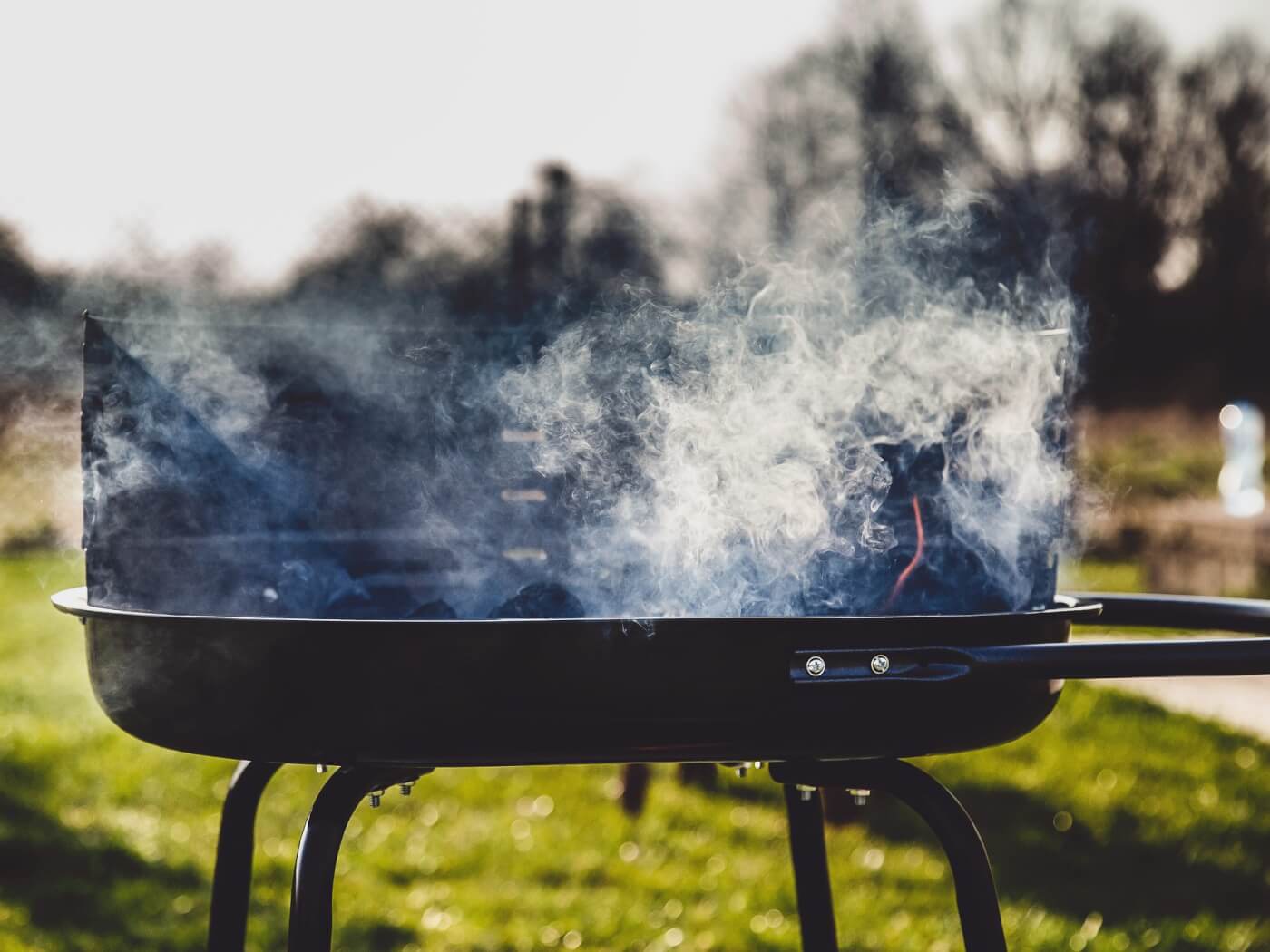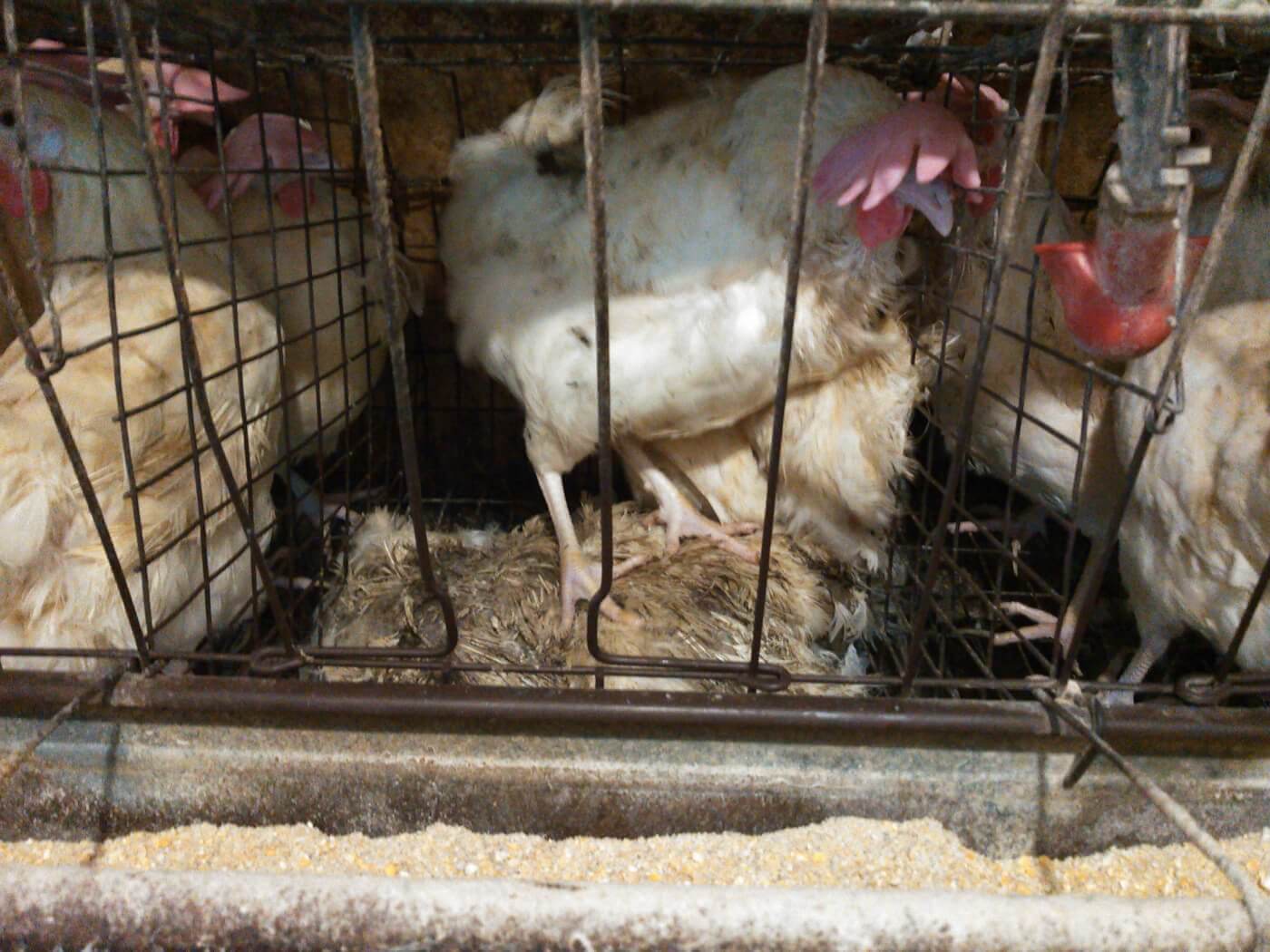For decades, Gillette ads promoted and reinforced traditional views of masculinity, but the personal-care company’s current ad campaign challenges those very stereotypes and calls for men to embrace positive versions of manhood. In 2019, you’d think that leaving bullying, catcalling, and sexual assault behind us would be celebrated, not met with controversy—but since Gillette’s ad was released, male fragility has been on full display, as some men have lamented our society’s newfound respect for compassion and decency. However, the company got it right with this campaign, and it’s time for us to move away from harmful, outdated definitions of what it means to be a man.
When we break this mold, it won’t only be humans who benefit from a more compassionate world. Traditional masculinity permeates every aspect of our society, and one easy place to find it is in what—or rather whom—we eat. It’s no coincidence that the new ad depicts traditional masculinity with a powerful shot of a mob-like line of stoic men standing over grills with arms crossed while searing animal flesh and repeatedly reciting the mantra “Boys will be boys.”
The consumption of meat has long been tied to patriarchy and perceptions of manliness, and this tradition, like other social norms to which men are expected to conform, brings with it immense suffering and violence as well as the destruction of nonhuman families. Billions of animals are killed for food in the U.S. every year, and every single one experiences unimaginable pain and misery. Many cows raised for beef are branded, dehorned, and castrated—all without painkillers. They’re separated from their families and shipped to feedlots to be fattened for slaughter. Those who don’t die from exposure or in traffic accidents on the way to the slaughterhouse are shot in the head with a captive-bolt gun before their throats are cut and they’re skinned and gutted. Some cows remain conscious throughout the entire process. Chickens spend their entire lives in filthy, cramped sheds with tens of thousands of other birds, and many die from outbreaks of disease. Others succumb to crippling deformities and organ failure caused by being bred, fed, and drugged to grow so large, so fast. Survivors are trucked to slaughter when they’re only 6 or 7 weeks old. Almost all of them are still conscious when their throats are slit.
None of this suffering is necessary. It’s easier than ever to eat vegan, and with products from companies like Beyond Meat and Tofurky, men and women alike can enjoy grilling with their friends and families without supporting a system that relies on cruelty.
PETA knows that boys—and all children—are likely to become the people we teach them to be. When we teach them to be compassionate, we’re creating a world in which all of us—human or not—can live free from oppression, violence, and domination.







